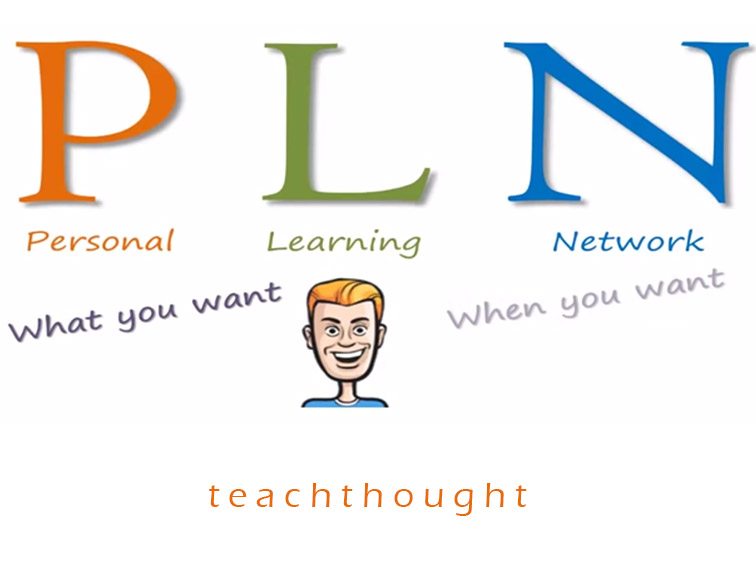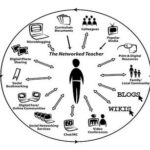In simple terms, Eric Stoller defines digital identity as “your presence online” (2016) It is your footprint on the web (Stoller, 2016), meaning anything and everything you interact with. With this in mind, one must always be aware of their online presence and what they are putting out onto the web. Having a professional approach to social media means that one must be cautious and create purposeful interactions. Many people create social media accounts specific to their profession, separate from their personal accounts. I know many people who have created social media accounts for teaching that only post about education and follow other educators. I think it is a good idea to separate your profession from your personal account, as frankly, these are two different parts of your life. For example, I have a personal instagram account where I like to share photos of myself and my friends, which is something I don’t necessarily need colleagues and employers to see. In the future, I plan to create an account focused on teaching where I can post lesson ideas and follow colleagues and educators I feel inspired by. A professional approach results in interacting with social media in a different manner than one would personally.
Social media allows for information to be shared efficiently and to a wide audience. Networking is extremely important in the workforce today, as it allows professionals to get support and stay up-to-date with new information regarding their field (Rajagopal, Brinke, Bruggen & Sloep, 2012). The networking process includes stages of building, maintaining and activating, which expresses the importance of connections (Rajagopal, Brinke, Bruggen & Sloep, 2012). Social media is extremely relevant nowadays, whether it be Facebook, Instagram, Twitter, Tik Tok, Snapchat, or anything else, most people who have the means to are active on at least one social media platform. Individuals can make connections by interacting with someone’s post, providing a positive connection. I know personally, if someone I do not know very well interacts with one of my posts in a positive manner, I immediately feel more positively towards them. Making connections online allows for you to share your knowledge and receive feedback, as well as be exposed to a range of valuable ideas.
There are many risks and rewards to public communication. Personally, I often worry about the negative impacts of posting on social media. What if a future employer sees a photo of me holding a can of alcohol? I am always very cautious of what I post on social media regardless if my account is private or not, because once it is on the internet, it is there forever. Stoller explains that your digital identity is almost like a pre-interview, meaning that you want to ensure your online presence is seen in a professional manner (2016). Security and privacy is also a concern and must be balanced (World Economic Forum, 2019) (Boyd, 2012) However, as much as I like to worry about the negatives, there are many benefits to being online and networking through social media. Creating connections with influential figures in your field will allow you to get further in your career. I enjoy following educators on social media that provide unique and thoughtful lessons as inspiration for my own classroom one day. As well, if you meet someone in person once, social media allows you to stay connected to them. This past school year being online, social media has been very helpful in keeping my classmates and I connected, allowing us to work together and exchange ideas. Without that communication, it would have been difficult to receive feedback or clarification on tasks. Living in this technological era allows for a type of communication and sharing like never before, which is definitely something I plan to use to my advantage.
References:
Boyd, D. (2012). Networked Privacy. Surveillance & Society,10(3/4), 348-350. doi:10.24908/ss.v10i3/4.4529
Rajagopal, Kamakshi et al. “Understanding Personal Learning Networks: Their Structure, Content And The Networking Skills Needed To Optimally Use Them”. First Monday, vol 17, no. 1, 2012. University Of Illinois Libraries, doi:10.5210/fm.v17i1.3559. Accessed 19 May 2021.
Stoller, Eric. “What Is Digital Identity?”. Youtube.Com, 25 November 2016, 0:08-0:48 https://www.youtube.com/watch?v=u0RryRbJza0.
World Economic Forum. “Davos 2019 – Press Conference The Value Of Digital Identity For The Global Economy And Society”. Youtube.Com, 5 February 2019, 25:35-25:55, https://www.youtube.com/watch?v=1-V7lyxrOmw.


